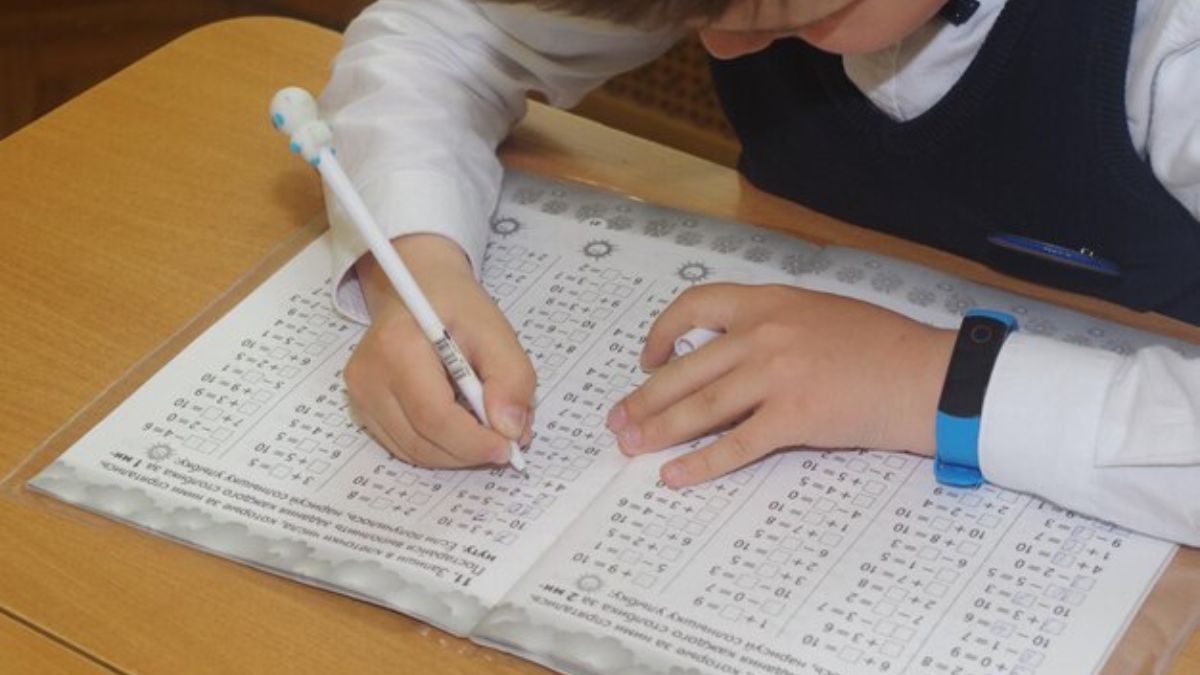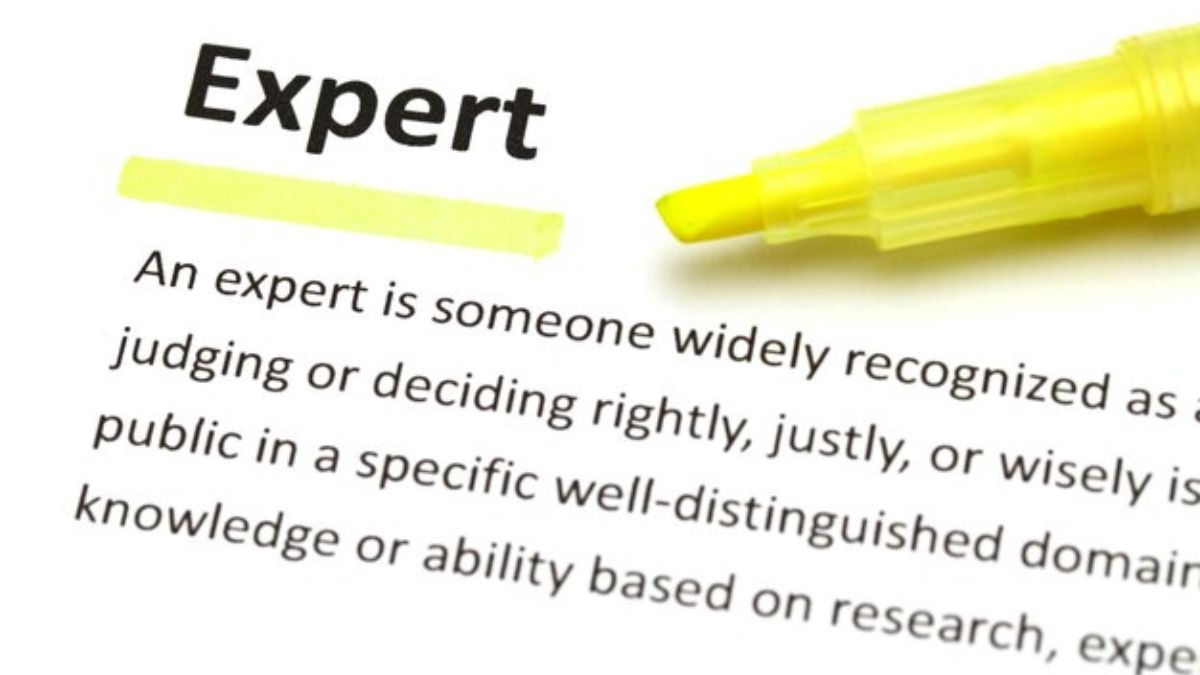Are you ready to solve the puzzle of education reform? Dive into the intriguing world of the Bill for Education Crossword, where legislation meets learning in a dynamic way. Join us on a journey through the history, key players, pros and cons, and potential impact of this groundbreaking bill. Let’s unravel the complexities together and discover how it could shape the future of education and society as we know it.
History of the Bill and its Purpose
The Bill for Education Crossword has a rich history that dates back to the early days of education reform. It was crafted with the intention of revolutionizing the way learning is legislated and implemented in our society.
The origins of this bill can be traced back to passionate educators, policymakers, and advocates who saw the need for comprehensive changes in our educational system. Their vision was clear – to create a framework that would empower students, teachers, and communities alike.
Through rigorous debates, consultations, and revisions over time, the bill’s purpose evolved into a multifaceted approach towards fostering equity, innovation, and inclusivity in education. It aims not only to address current challenges but also to anticipate future needs in an ever-changing world.
As we delve deeper into understanding the history of this bill and its overarching purpose, it becomes evident that it signifies a collective effort towards shaping a brighter future for generations to come.
Key Players in the Legislative Process
When it comes to the Bill for Education Crossword, understanding the key players in the legislative process is crucial.
Legislators play a vital role in drafting and voting on education bills. Their decisions directly impact the future of education policies and practices.
Lobbyists representing various educational interests often advocate for specific provisions within the bill. They work to influence lawmakers’ opinions and push for amendments that align with their goals.
Additionally, educators and school administrators provide valuable insight into how proposed legislation may affect students, teachers, and schools on a practical level.
Furthermore, community members and parents also play a role by voicing their concerns or support for the bill through grassroots efforts or public hearings.
Collaboration among these key players is essential in shaping effective education legislation that benefits society as a whole.
Pros and Cons of the Bill
One of the main pros of the Bill for Education Crossword is its focus on increasing funding for schools and educational programs. This could lead to improved resources, smaller class sizes, and better learning environments for students. Additionally, the bill aims to provide more support for teachers through professional development opportunities and increased salaries.
On the other hand, some critics argue that the bill may place too much emphasis on standardized testing, potentially narrowing curriculum options and limiting creativity in teaching methods. There are concerns that a one-size-fits-all approach may not cater to the diverse needs of students with varying learning styles and abilities.
While the Bill for Education Crossword has its advantages in terms of boosting funding and supporting educators, it also raises valid concerns about potential drawbacks related to standardization and assessment methods.
Potential Impact on Education and Society
The potential impact of the Bill for Education Crossword on education and society is vast. By setting new standards and guidelines, the bill has the power to transform how students learn and educators teach. It can enhance access to quality education for all, bridging gaps that hinder progress.
With a focus on innovation and equity, this legislation may pave the way for a more inclusive educational system. Students from diverse backgrounds could benefit from improved resources and support systems, leading to better outcomes overall.
Society as a whole stands to gain from an educated populace equipped with essential skills for success in an ever-evolving world. A well-rounded education can empower individuals to contribute meaningfully to their communities and drive societal progress forward.
As we anticipate the implementation of this bill, it is crucial to recognize its potential ripple effects beyond classrooms—shaping our future workforce, fostering social cohesion, and nurturing lifelong learners.
The Future of Education Legislation
As we look towards the future of education legislation, it’s clear that significant changes are on the horizon. With advancements in technology and evolving societal needs, policymakers will need to adapt laws to meet the demands of a rapidly changing world.
Innovations such as online learning platforms, personalized learning tools, and competency-based assessments are reshaping traditional educational models. Legislators must navigate these new landscapes to ensure students receive a well-rounded education that prepares them for success in an increasingly digital economy.
Moreover, issues like access to quality education for all students regardless of socioeconomic background and promoting diversity in schools will continue to be at the forefront of legislative discussions. Collaborations between educators, policymakers, parents, and community stakeholders will be essential in shaping effective policies that support equitable opportunities for all learners.
By staying proactive and flexible in their approach to education legislation, lawmakers can pave the way for a brighter future where every student has the chance to thrive academically and professionally.
Conclusion: Importance of Advocating for Education Reform
Advocating for education reform is crucial in shaping the future of our society. The Bill for Education Crossword represents a step towards improving learning standards and access to quality education for all. By actively participating in the legislative process and voicing support for educational initiatives, we can help create a brighter future for generations to come. Education is the key to unlocking opportunities, fostering innovation, and building a more inclusive and equitable society. Let us continue to advocate for policies that prioritize education and empower individuals to reach their full potential. Together, we can make a difference in the realm of education reform.











